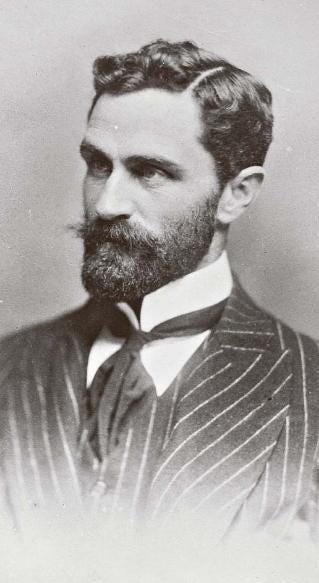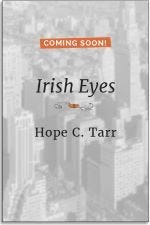Yesterday, President Biden visited Belfast, Northern Ireland to mark the 25th anniversary of the Good Friday Agreement.1 Signed April 10, 1998, the accord ended three decades of violence in Northern Ireland known as The Troubles (1960s to 1998), which claimed more than 3,500 lives.2
The agreement stated that Northern Ireland (the six counties of Antrim, Armagh, Down, Fermanagh, Londonderry aka Derry, and Tyrone) would remain part of the United Kingdom until a majority of the people both of Northern Ireland and of the Republic of Ireland (remaining 26 counties) wished otherwise, essentially leaving the door open to a referendum. It also created the legislative body, the Northern Ireland Assembly, and the Northern Ireland Executive (admin to the Assembly), ending decades of direct rule from London.3
While the Troubles took place in the twentieth century, the conflict is rooted in centuries of British colonialism. For a taste of how Britain treated her Irish subjects, read my Substack post on the Potato Famine.
So deep-seated was the antipathy of many Irish to the British Crown that during the First World War (July 28, 1914 – November 11, 1918) Irish Republicans aligned themselves with Germany over Britain and the Allies. On April 24, 1916, Easter Monday, armed Irish Republicans, with Germany’s backing, took over Dublin’s General Post Office and other public buildings and proclaimed an independent Irish state.
Sir Roger Casement, a former diplomat with the British Foreign Office, led the negotiations for armaments and other military support from Germany. He was executed for his efforts.
Unbeknown to them, the German U-boat carrying the munitions they had counted upon had been seized three days prior owing to intelligence passed on by the Wilson White House. Six days later, British forces crushed the rebellion. By then, more than five hundred lay dead, including forty children. Two thousand more were wounded, many of them civilians caught in the crossfire.4
The G.P.O. on Sackville Street (later O'Connell Street), Dublin in the aftermath of the 1916 Rising.
In my historical novel, IRISH EYES (Dec. 2023), the Easter Rising is a source of painful conflict for my Irish born heroine, Rose, who has relatives in Dublin and an American son fighting “Somewhere in France” for the Allies.
The Irish War of Independence (1919-1921) pitted the forces of the Irish Republic - the Irish Republican Army (IRA) - against the British government.5 The Anglo-Irish Treaty ended the war and established the Irish Free State, later the Republic of Ireland. Within Northern Ireland, from 1922 onward, the schism between Unionists who favored remaining with Britain and Nationalists who favored unifying with the Irish Free State was marked by escalating violence.6
Years ago, my friend Carole Bellacera wrote a wonderful first novel, Border Crossings, set in the 1990s, the latter years of the Troubles. In Carole’s book, an American wife living in Dublin has her happy life upended when her Irish husband moves their family to Northern Ireland and takes over his murdered brother’s role as a Republican activist.
Share this public post with other history lovers!
Not yet subscribed to History With Hope? You can fix that here.
IRISH EYES (coming December 2023), Book 1 of my American Songbook series, spans twenty-five years of Gilded Age through the Jazz Age Manhattan, as seen through the eyes of spirited Irish-born Rose O’Neill. Read more here.
https://www.irishcentral.com/news/politics/biden-ireland-schedule
https://www.lancaster.ac.uk/troubledgeogs/chap10.htm
https://www.irishcentral.com/roots/history/what-is-the-good-friday-agreement
https://www.history.com/topics/european-history/easter-rising
For a deep dive into the Irish War of Independence, check out Fin Dwyer’s excellent podcast series at the Irish History Podcast.
https://www.theirishstory.com/2012/09/18/the-irish-war-of-independence-a-brief-overview/#.ZDXKHPbMLEY







I saw the movie Belfast, which was a quasi-biographical story of Kenneth Branagh's family during the early years of The Troubles. It was an education, much like your post today.
I agree, this was quite an education. I must recommend your posts to my Mom, who is also a history buff. Thank you!